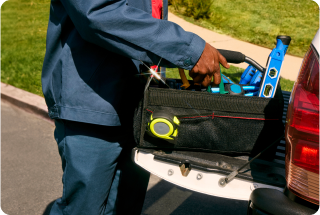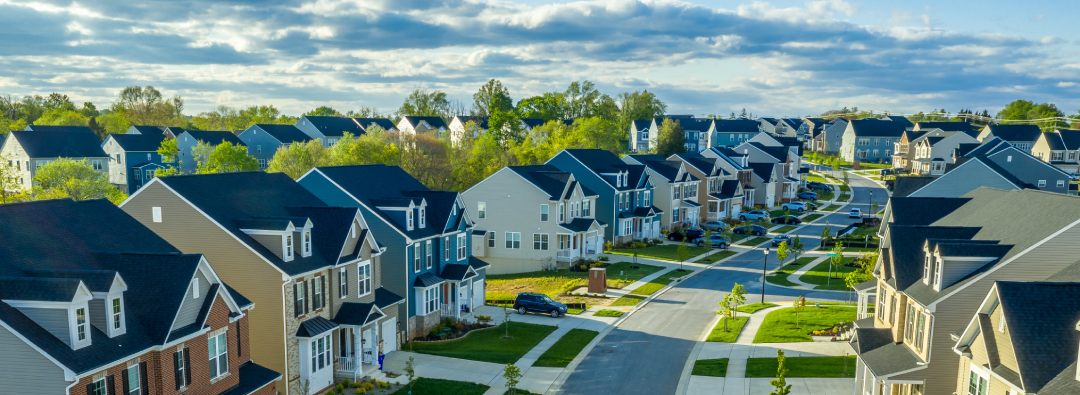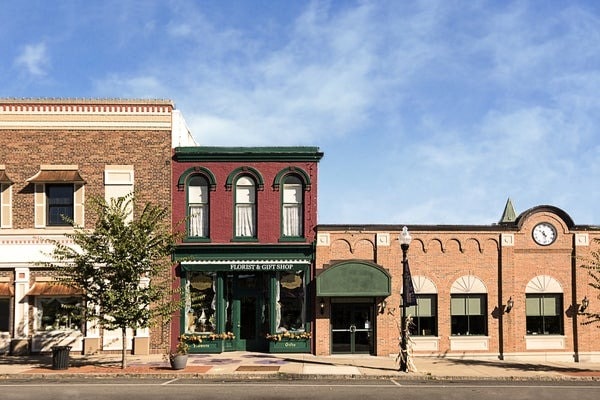The next step in neighborhood research: check the community website
Most towns—and many neighborhoods—have their own dedicated website. Nextdoor is a useful app for neighborhoods where you can get local tips, get “insider” information from people who live there and more. You can glean some useful insights about things like local parks and recreation, community events, and local government. You may not get the whole picture, but it can provide a few pieces of the puzzle.
Do your homework on the schools
If you have kids—or you’re planning to—a big part of your neighborhood research is educating yourself about the quality and proximity of local schools and day care centers. It’s important to start the process right away. You don’t want to fall in love with a house only to find out it’s in a poorly rated district. GreatSchools.org can help you find reviews, school curriculum and athletic program ratings. Don’t be shy about visiting local schools and asking questions. And don’t forget: Great schools are good for property values.
Check the route on your commute
Unless you work remotely, when you move to a new neighborhood you’re looking at a whole new drive to and from work. You could be shaving some time off your commute or adding to it—and you can’t always tell just by looking at a map. Take the time to make some test drives to and from your workplace—especially during peak rush hour. And while you’re out and about, see how easy it is to get to the grocery store and other retail destinations, parks and playgrounds, and schools; all the places you’ll be driving, biking or walking to.
Are you OK with an HOA?
Before you buy any home, make sure you know whether there’s a neighborhood homeowners association. An HOA means you’ll be paying monthly or annual fees on top of your mortgage and other expenses. Some HOAs have community swimming pools or tennis courts, while others are just for general upkeep and landscaping and maintaining private roads. Understand exactly what’s covered by the HOA before you move in.
More things to research about the neighborhood
Beyond neighborhood safety, schools and other important items, there are a few other things to research before you make a move.
- Check with the city’s planning commission or zoning board on any future plans for development of vacant lands in or adjacent to the neighborhood you’re considering.
- Do a sound check. Walk the neighborhood at night and listen for loud music and parties, garage bands, barking dogs, drag races, motorcyclists, or any other disturbing sounds nearby. Also listen for the telltale sounds of highway traffic, train whistles, and industrial noise.
- Find out whether the homes are connected to a municipal sewer system or if each home relies on a septic tank, which would require maintenance on your part. The easiest way to find out about sewer access is to ask the seller of the land or a real estate agent.
Neighborhood safety and livability are crucial
Taking the time to do your neighborhood research helps you make informed decision before investing in a home. Scouting ahead will help you choose a neighborhood that aligns with your lifestyle and priorities—and can make the difference between finding your dream house and living a nightmare.
It’s all about peace of mind – so is a home warranty from American Home Shield®
Just like doing a neighborhood safety check, choosing the right home warranty can help take worry out of owning a home, too. A warranty plan from American Home Shield offers coverage for parts of up to 23 home systems and appliances can help make for a more care-free, enjoyable homeowning experience.
Questions? Check out our FAQs or contact us.







